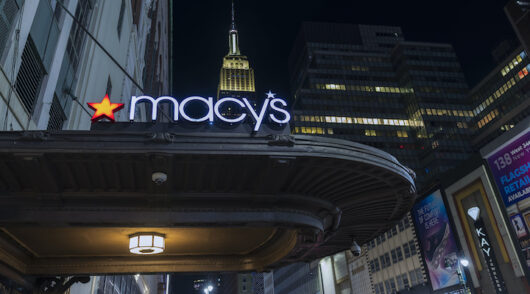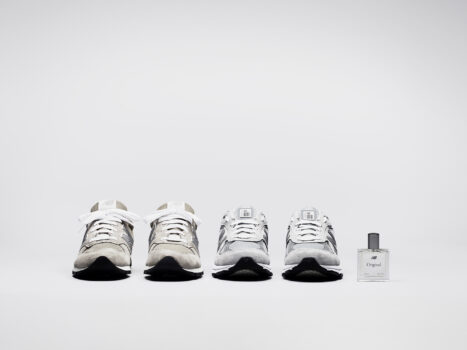
The Australian Competition and Consumer Commission (ACCC) wants to enforce stronger conditions on the Australasian Performing Right Association (APRA), after questions have been raised about its transparency.
The changes could lead to lower fees for businesses using APRA’s music licences Australia-wide.
APRA holds the performing rights for the majority of music played or performed in Australia. It earns royalties from these rights and sells licences which allow businesses to play this music publicly – with fees paid by businesses being distributed to the association members.
But the lack of transparency into APRA’s fees and its near-monopoly on music licences in Australia have prompted the ACCC to propose several changes to the way APRA operates.
“We are… proposing to grant authorisation for a further five years with conditions that require APRA to be more transparent about licence fees and the way it pays royalties to members, in order to mitigate APRA’s market power and its impact on songwriters and businesses,” ACCC deputy chair Mick Keogh said.
Under the proposed conditions, APRA would be required to publish information about how it calculates its fees; produce a plain-English guide to its distribution policies; publish an annual transparency report with information on rights revenue, operating costs, and payments to members; and to continue the “resolution pathways” alternative dispute resolution scheme set up in responses to a previous ACCC condition.
These changes have been proposed based on responses gathered by the ACCC during a consultation process, in which APRA members and businesses that use the service expressed concern around the way the association collects fees and questioned its accountability.
“It’s more efficient for APRA members to collect royalties jointly, rather than every artist having to collect their own royalties and monitor compliance,” Keogh said.
“However, APRA already has a near-monopoly, and the exclusive provisions it has with artists makes its position even stronger.
“This raises the risk of higher prices for businesses that play music, and other inefficiencies or restrictions for APRA members.”





